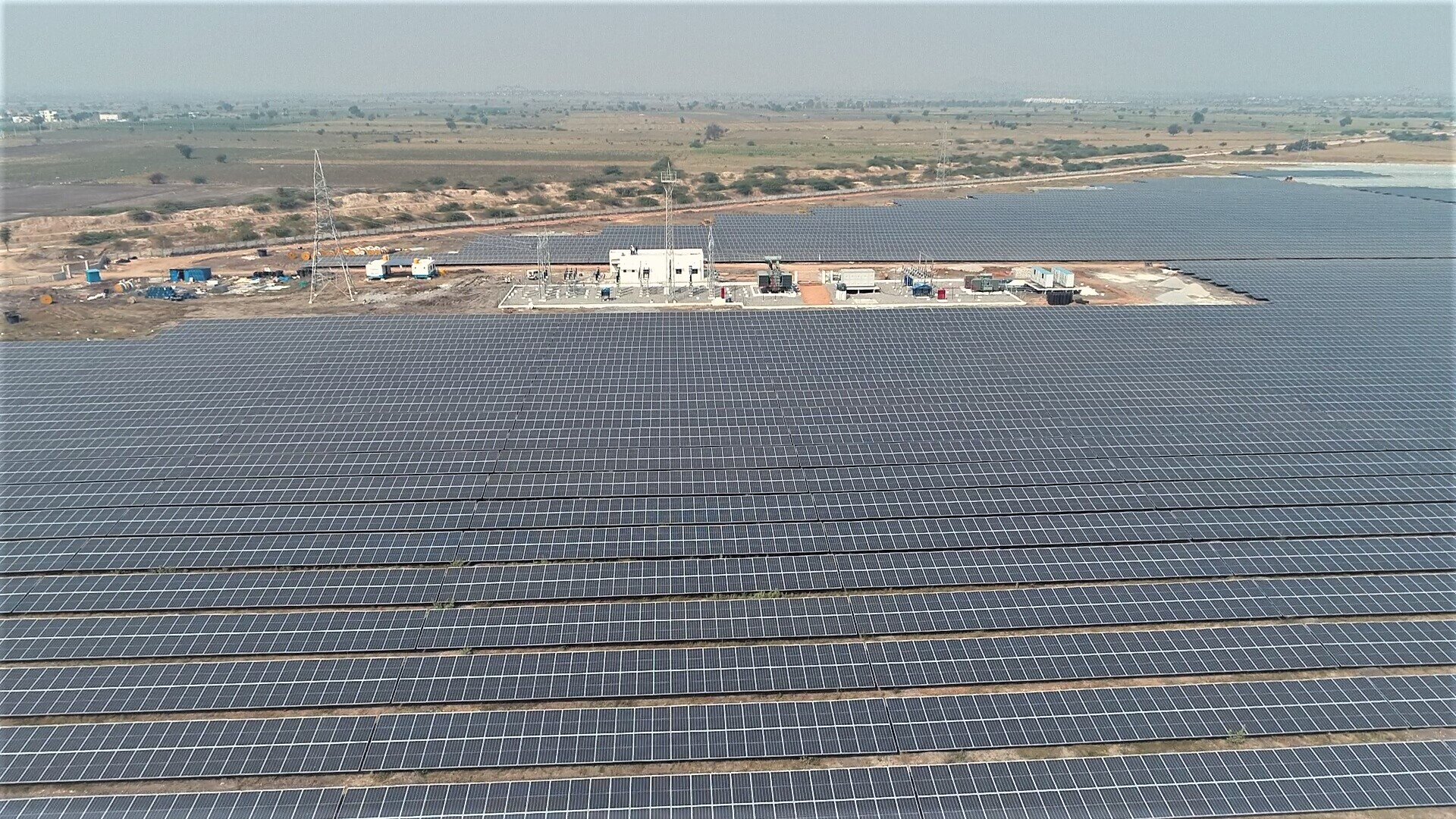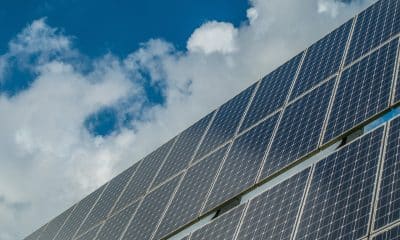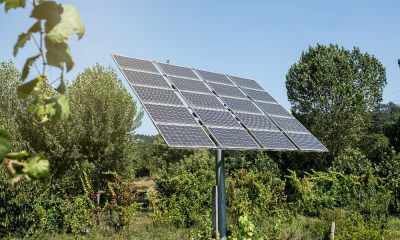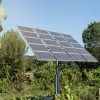Industry
Amp Energy India commissions solar energy project for Bosch Limited
Bosch Limited has partnered with Amp Energy India for its solar energy requirements, and as such, have signed a Power Purchase Agreement (PPA) for procurement of solar power for 25 years. The solar project capacity is 30 MW and would be provided from Amp Energy India’s open access facility in Mallat Village, Raichur district in Karnataka. This is Amp’s third open access project in the state of Karnataka.
Pinaki Bhattacharyya, MD and CEO at Amp Energy India, said solar energy adoption in India by top companies has seen a major growth over the last few years, especially post the challenges posed by the COVID-19 pandemic. “We are thankful to the Bosch team for extending their continuous support to us since the beginning. With this partnership, we are sure Bosch will setup benchmarks for other conglomerates to follow to switch to clean energy for their growth in the country and move towards accomplishing their RE100 targets.”
Soumitra Bhattacharyya, Managing Director, Bosch Limited and Regional President, Bosch Group, says Bosch is globally stepping up its investments in green energy by investing in renewable in-house generation power plants and entering into exclusive long-term purchase agreements with partners like Amp Energy. “India is an important and key market for us, and we would like to help the country reach its true potential. We are happy to partner with Amp Energy for this project that has helped achieve our sustainability objectives in a timely manner.”
This solar open access facility commissioned this month will generate about 43MUs of green energy per year for Bosch Limited and will meet about40% of their energy consumption.
Also Read: India spent a whopping $55.7 billion on gold imports in 2021
This project will provide solar power to energize 3 Bosch’s plants/facilities in and around Bangalore and by switching to solar power, Bosch will also help mitigate about 31,000 tons of CO2 per annum.
Amp Energy India with its diversified portfolio of projects has already developed large open access projects including some landmark projects such as the Largest Solar Open Access Project in Maharashtra (30MW), the First captive solar open access project in Uttar Pradesh (42MW) and its second open access project in Maharashtra (13.5MW).











































Pingback: LetsVenture documented key trends and changes that transpired in 2021.